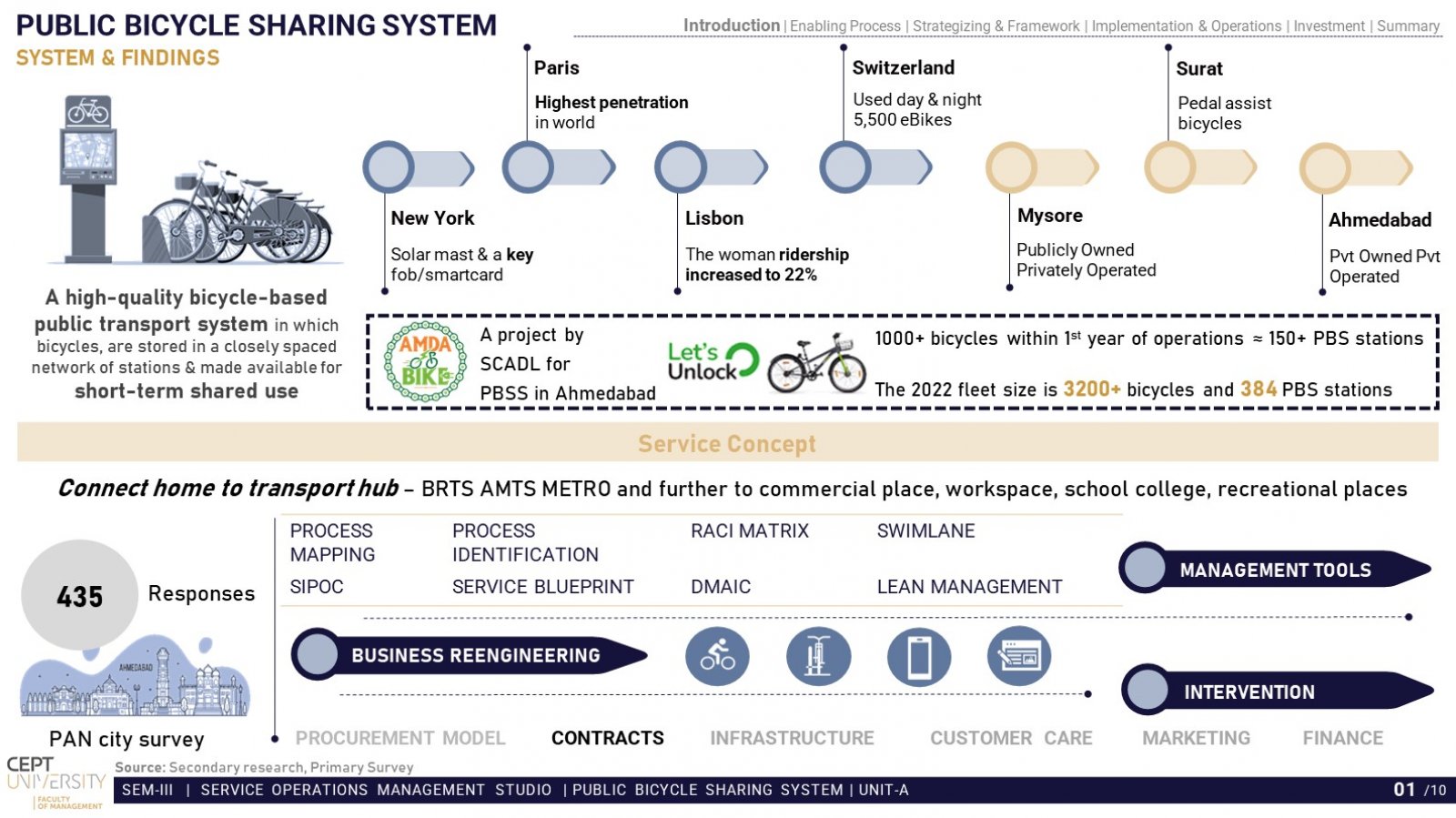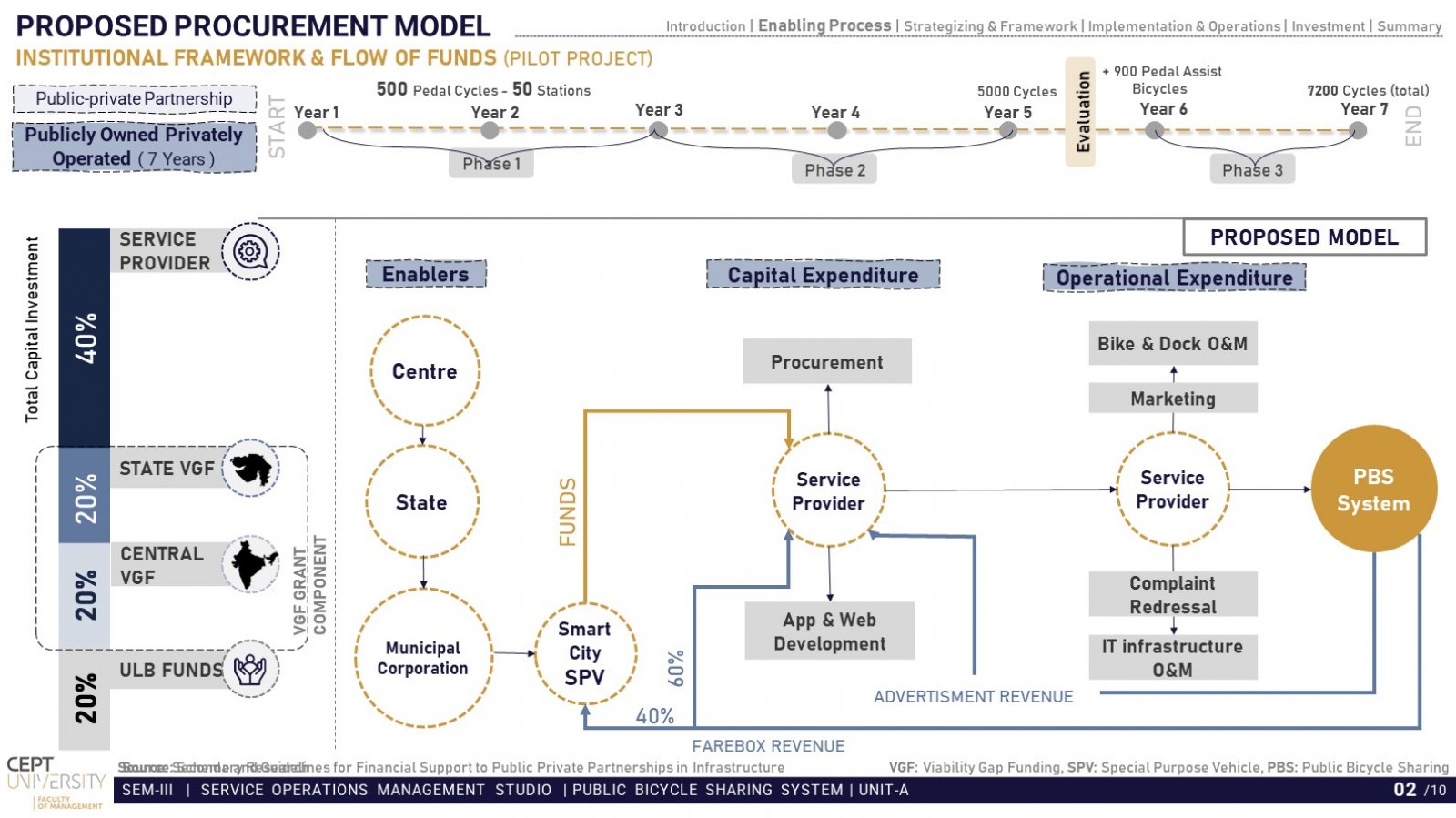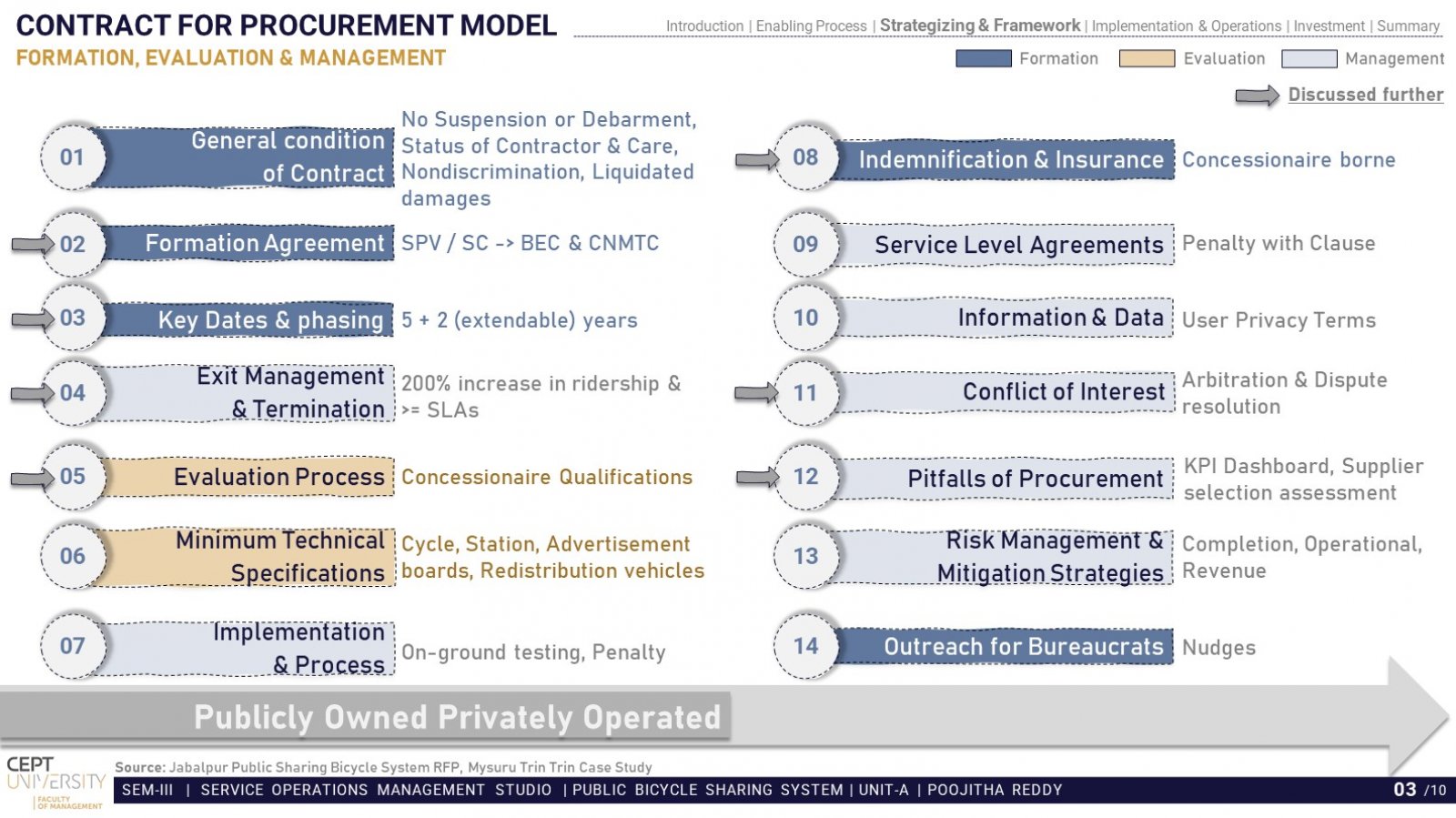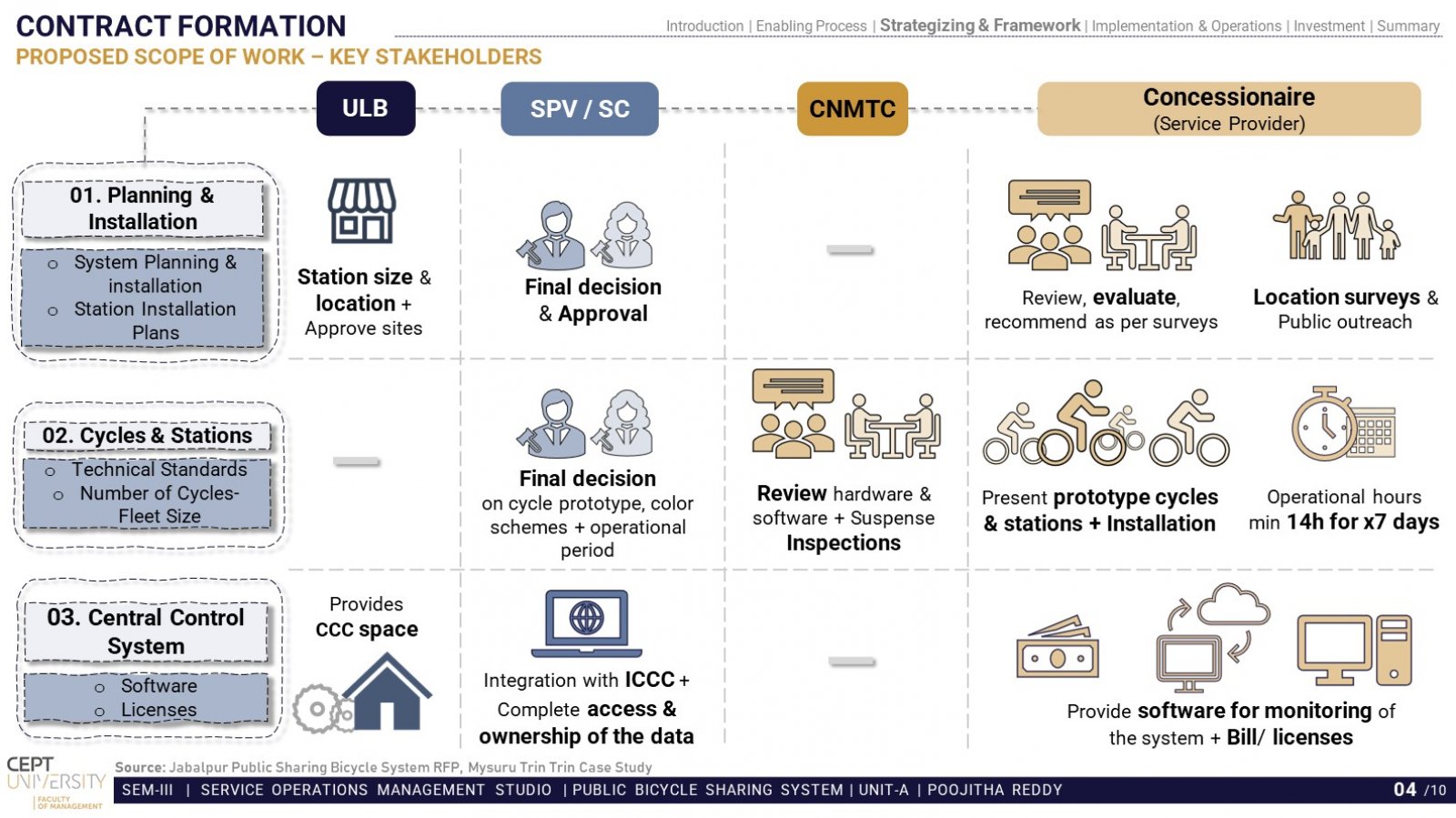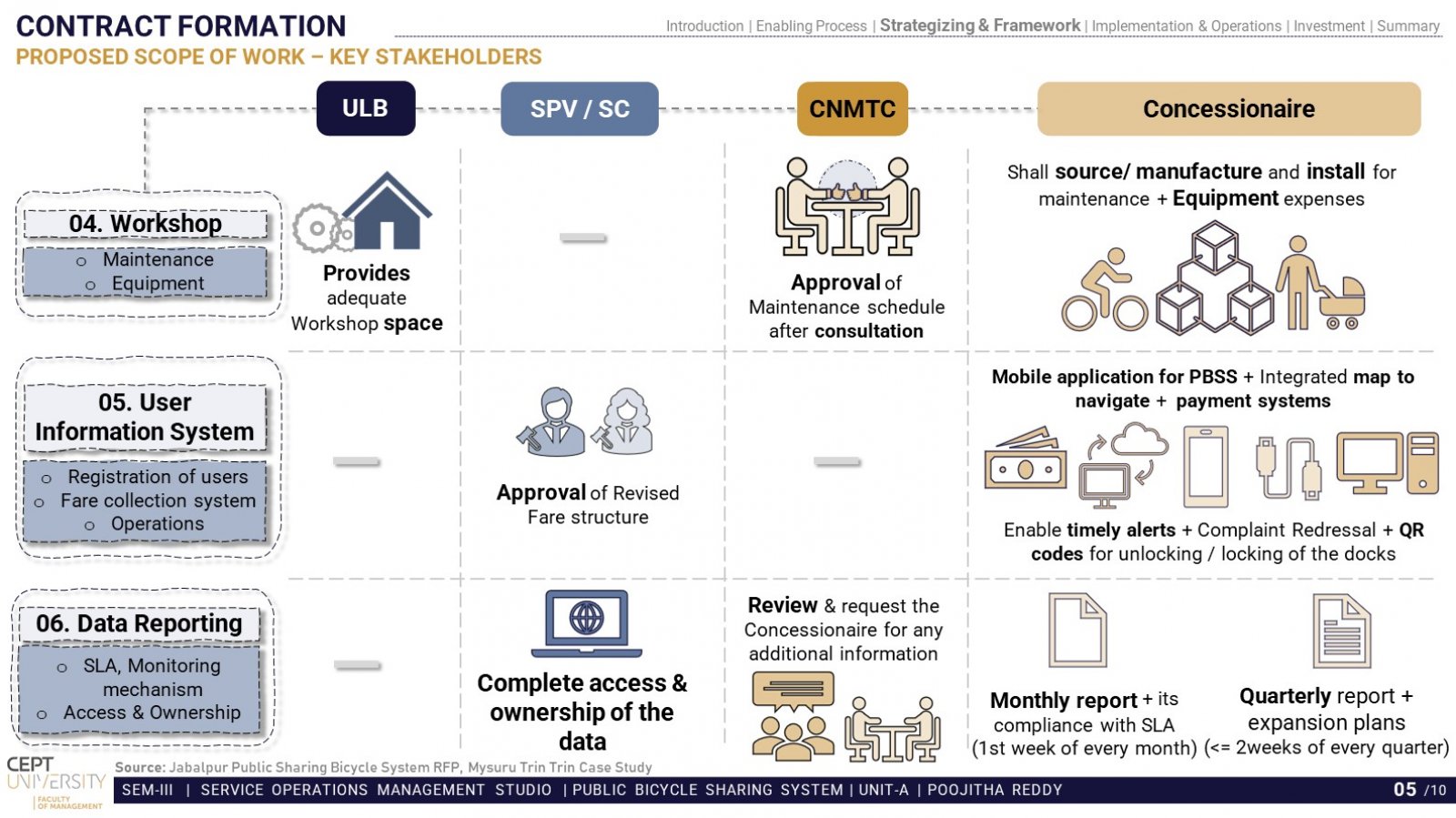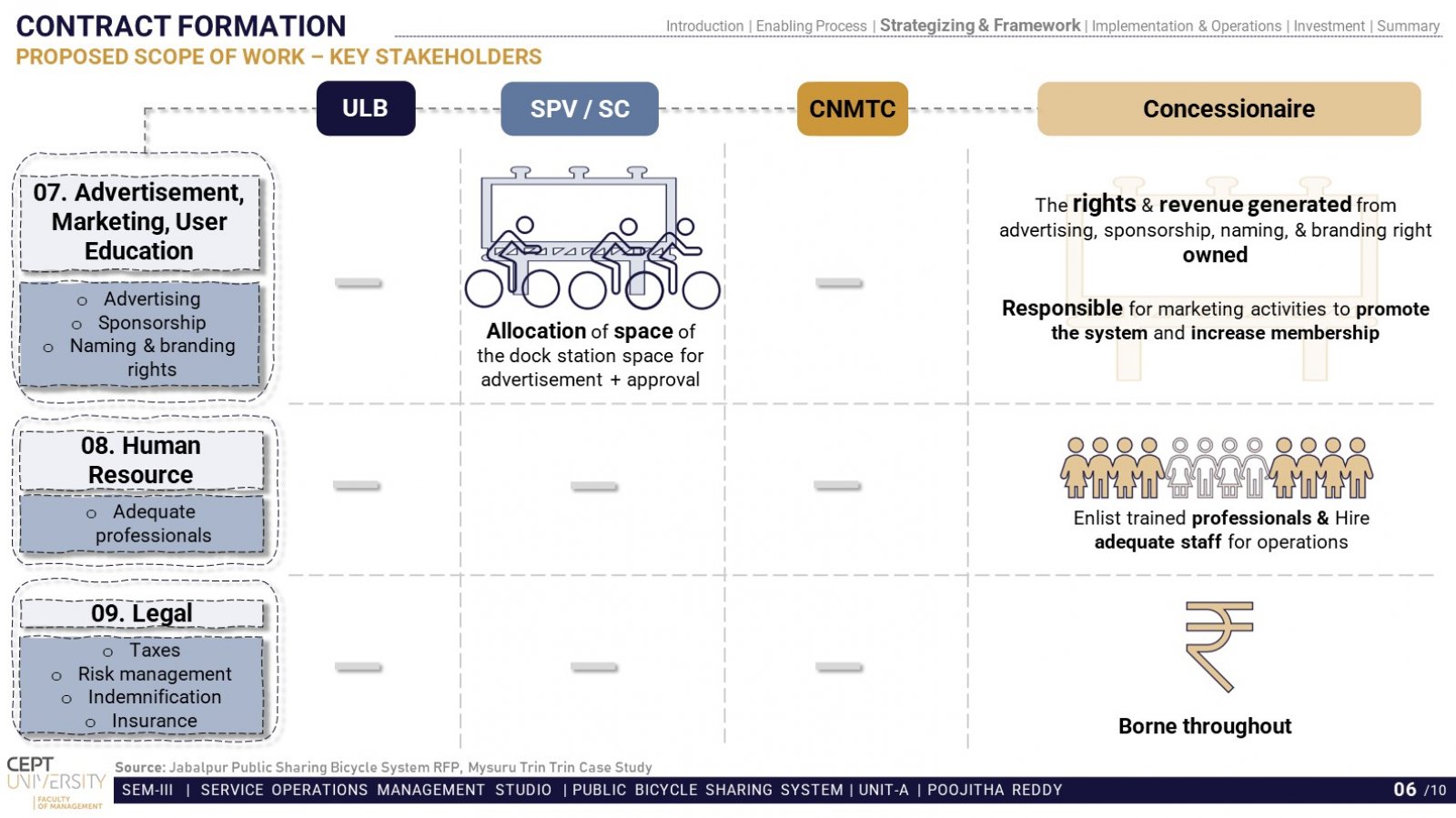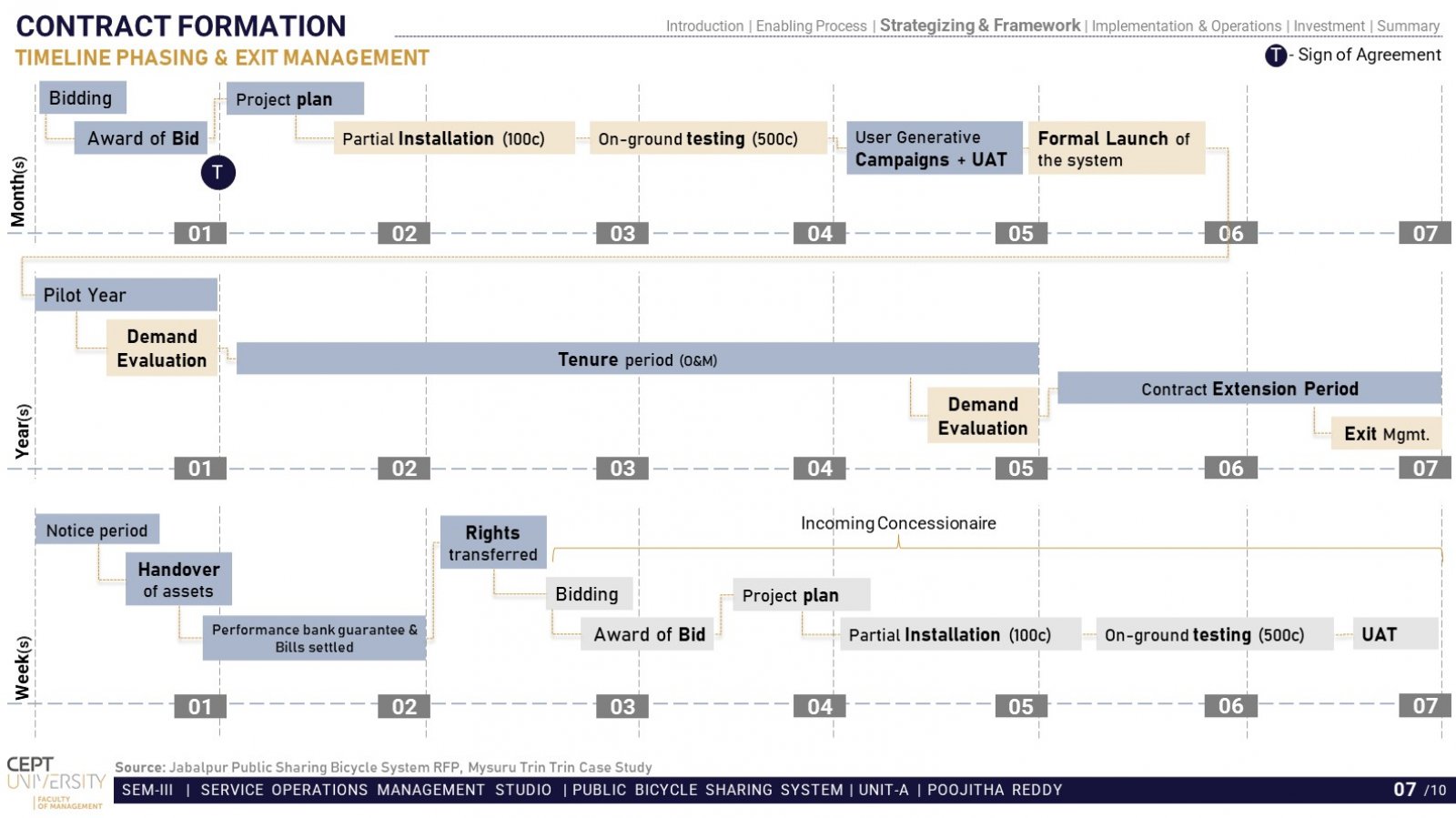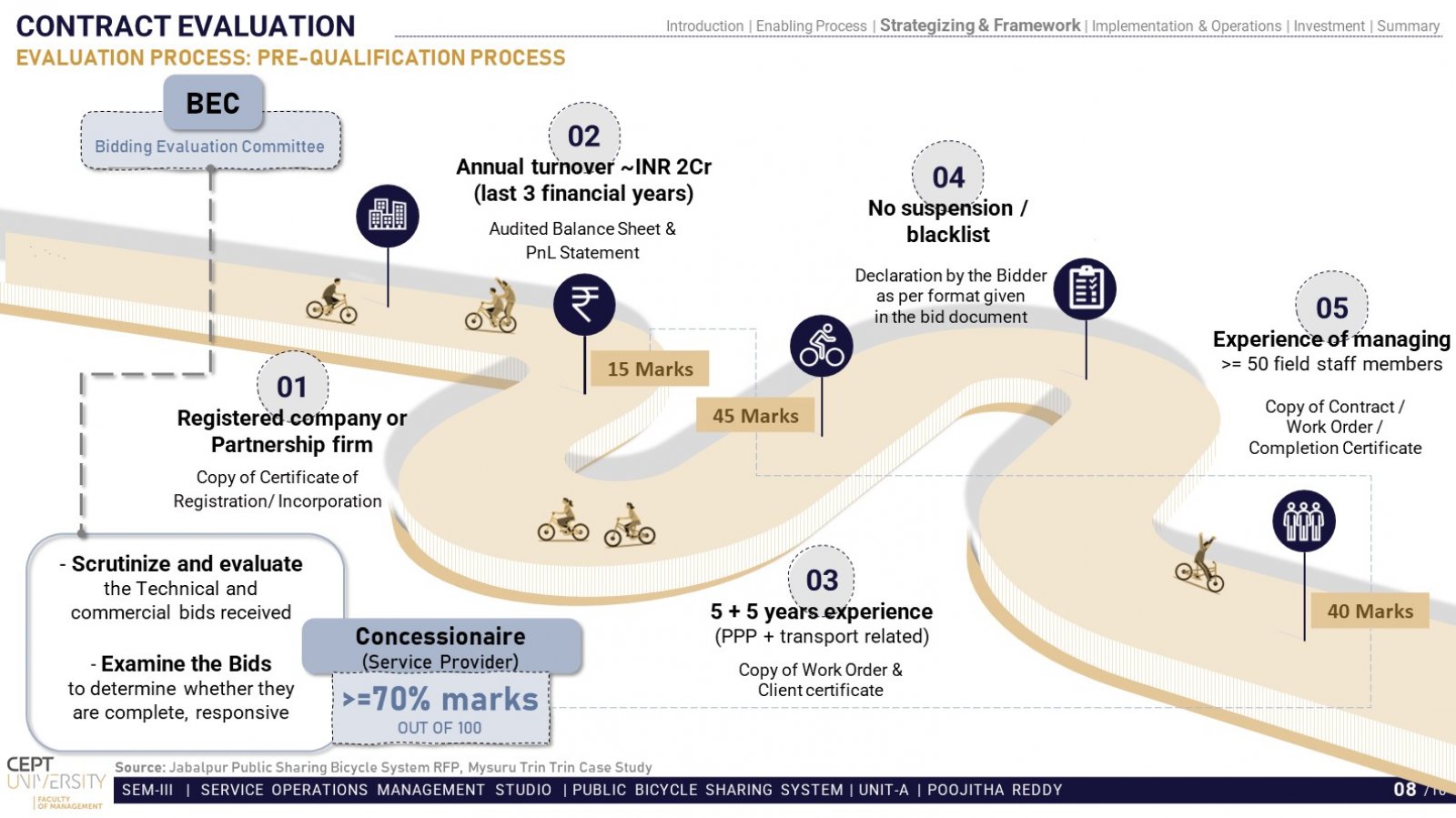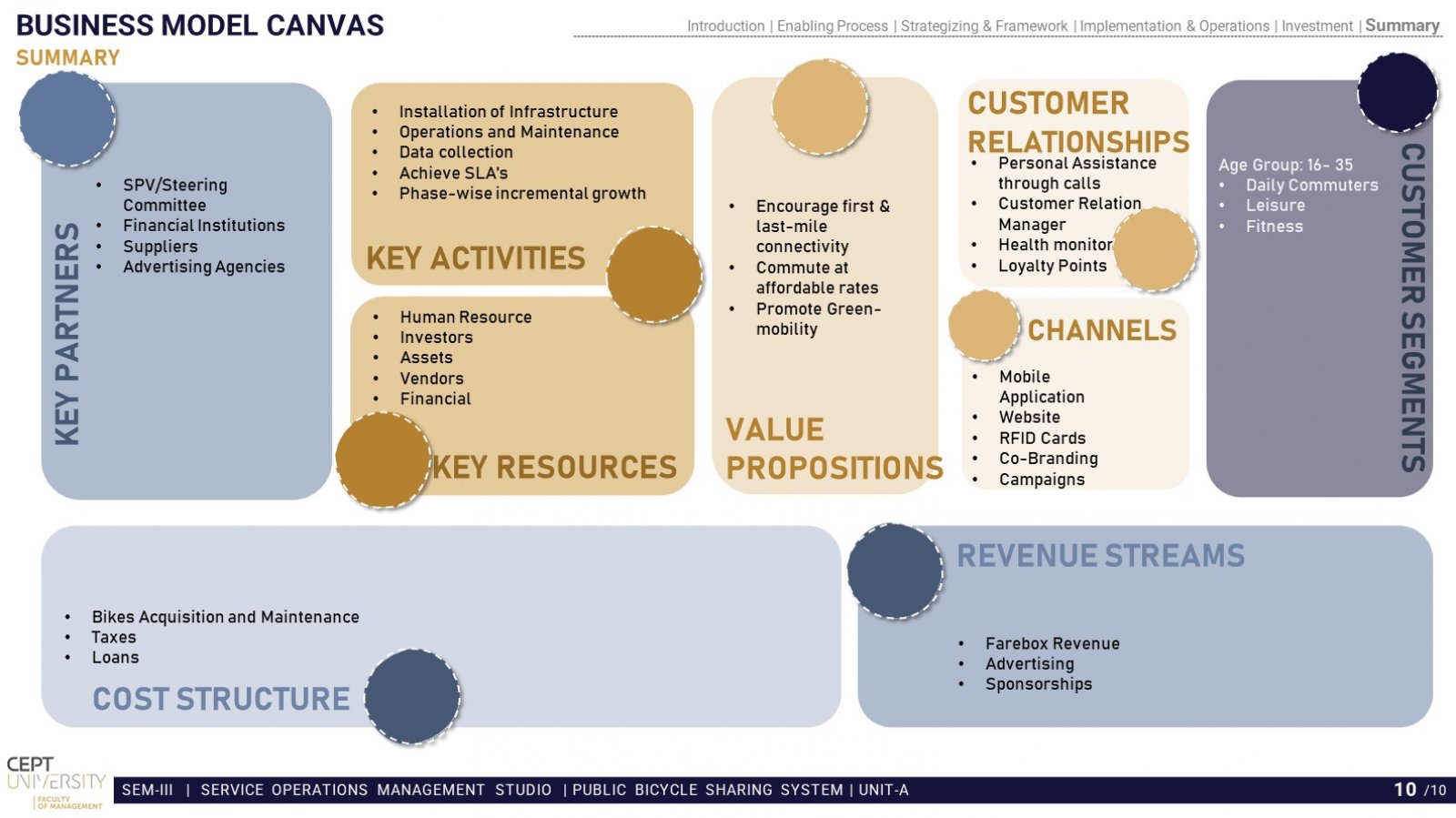Your browser is out-of-date!
For a richer surfing experience on our website, please update your browser. Update my browser now!
For a richer surfing experience on our website, please update your browser. Update my browser now!
Public-private partnerships entitle cooperation between a government organization and an organization from the private sector that can deploy to fund, construct, and run projects like public bike-sharing systems. When private sector expertise is combined with public sector incentives to finish projects on schedule and within budget, these collaborations are viable. The parties will be entitled to revenue sharing and incentives, and the roles and responsibilities of each party will be outlined. Operational cost overruns and a failure to meet quality standards are risks for the private sector. For public partners, demand likely won't support the agreed-upon usage fees, which would impact the project's sustainability. To implement, execute and operate a project involving various stakeholders, a record of commitments for both parties that holds both sides accountable for the terms they set at the beginning of the relationship preventing conflicts and mitigating risk, is what a contract enables.
View Additional Work